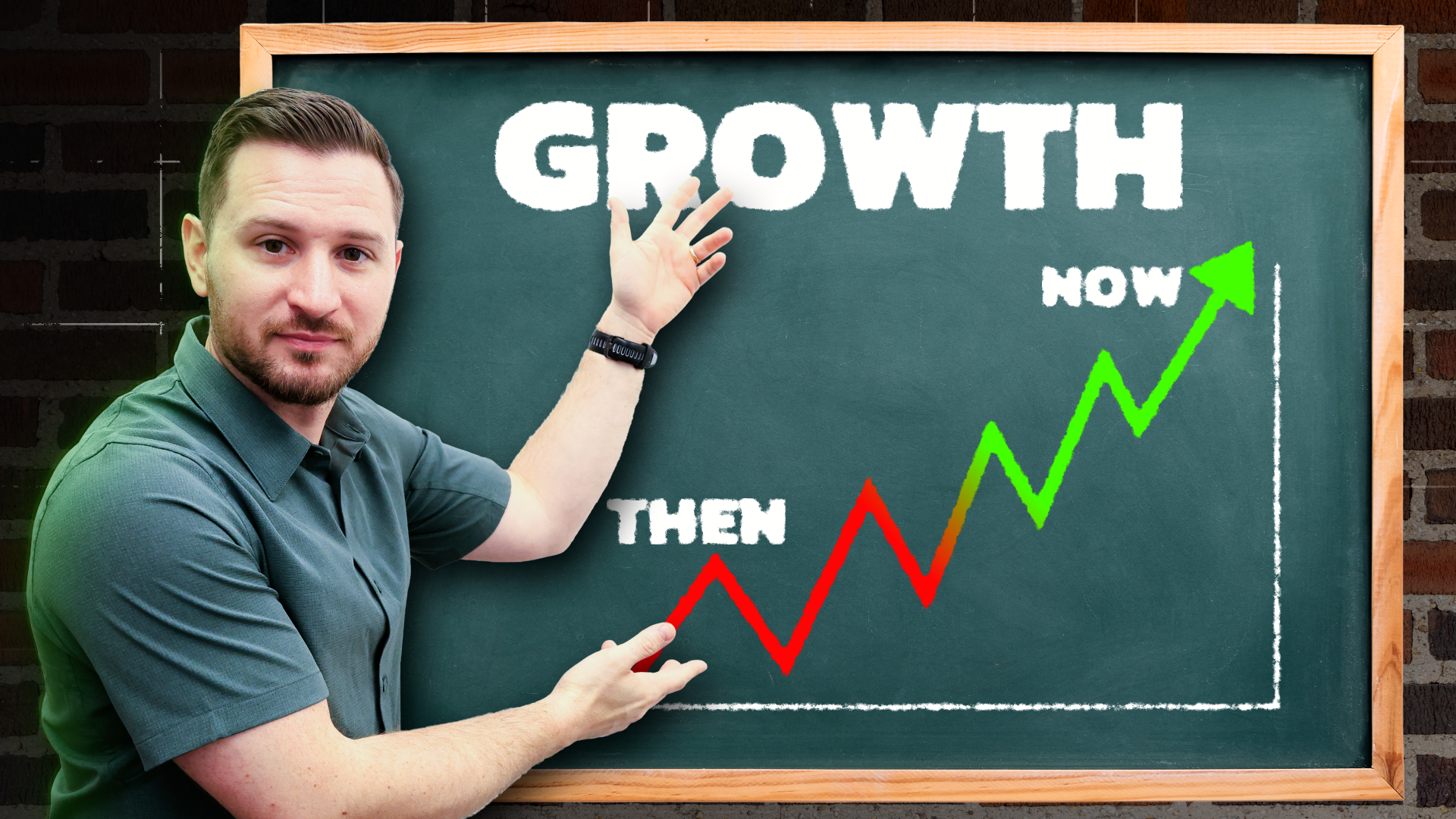Should you buy or build a home service business? The answer boils down to your tolerance for risk, but both come along with pros, cons, and distinct advantages.
I would know. I bought first instead of built, and I’ll share what I learned in that process.
Key Takeaways
- Understand Your Risk Tolerance
- Assess the Market and Financial Conditions
- Be Prepared for a Mix of the Two
Can You Take The Pain?
Whether it's HVAC, plumbing, or electrical, there's a big decision every entrepreneur faces: Should you buy an existing business or build one from scratch?
This decision ultimately boils down to your risk tolerance and business strategy.
.png)
As someone who has experienced both sides, let me walk you through the pros and cons of each approach and why I chose to buy rather than build.
Advantages of Buying
Buying an established business has undeniable advantages. For starters, you're stepping into a revenue-generating entity from day one.
This means you can begin paying off any loans or investments immediately, using the business's income.
When I acquired my business, having that revenue flow was a game-changer. It acted as a forced savings account, helping to manage finances effectively.
.png)
Added bonus: Existing businesses usually come with systems already in place and sometimes even a management team.
This allows you to leverage your expertise in other areas like finance or operations, rather than starting from scratch.
After your initial acquisition, future purchases become easier, especially with benefits like the SBA 7a loan program that doesn't require a down payment in the same NAICS code.
The Disadvantages
.png)
Buying isn't without its challenges. The systems in place might be outdated or not aligned with your vision.
You might have to overhaul these systems, which can be both time-consuming and costly. You might also inherit the company’s reputation and any PR issues.
If the previous owner had poor relationships with customers, you’ll need to manage and repair these, which can be a significant hurdle.
Are you ready to walk into a business that’s still using a fax machine? You need to be because that definitely happens.
Employee turnover is a risk. Personnel might leave once the business changes hands, especially in today's market where skilled tradespeople have the upper hand.
Also, natural attrition is inevitable. Some customers and employees are loyal to the former owner, and their departure can impact your bottom line.
Consider every angle.
From The Ground Up
On the other end, you could choose to start from scratch and build the thing yourself. Here’s what you should know.
Advantages of Building
Building your business from the ground up means you have complete control over every aspect. You can design your systems, hire your team, and establish your culture.
This freedom allows you to avoid the pitfalls of inheriting outdated systems and negative reputations.
As the founder, you set the work culture and standards from the beginning, ensuring everyone is aligned with your vision.
Disadvantages of Building
Despite these benefits, building a business is a grind. It's incredibly time-intensive to establish relationships, develop systems, and grow your customer base from zero.
Reaching that first million dollars in revenue requires relentless effort and dedication.
Unlike buying, where you can benefit from existing systems and revenue streams, building means you're responsible for every detail, which can be overwhelming.
Buying, With A Twist
.png)
For me, the decision to buy rather than build was influenced by my desire to avoid the grind.
After selling my previous business, I had the runway to purchase a new one, which allowed me to leverage existing systems and revenue.
However, I didn't completely escape the grind. I bought a smaller company and had to work to grow it.
Ultimately, my strategy involved a mix of buying and building. I bought businesses to scale quickly but also had to invest effort into integrating these acquisitions.
The decision for you will be decided by the situation you’re in. Are interest rates favorable? Are you prepared to get the work of grinding for success?
Ask yourself these questions and I think you’ll find the answer.
Get more Owned and Operated on YouTube, on Twitter, or with our weekly newsletter.
.png)
%20crop.jpg)
.png)


.png)


.png)